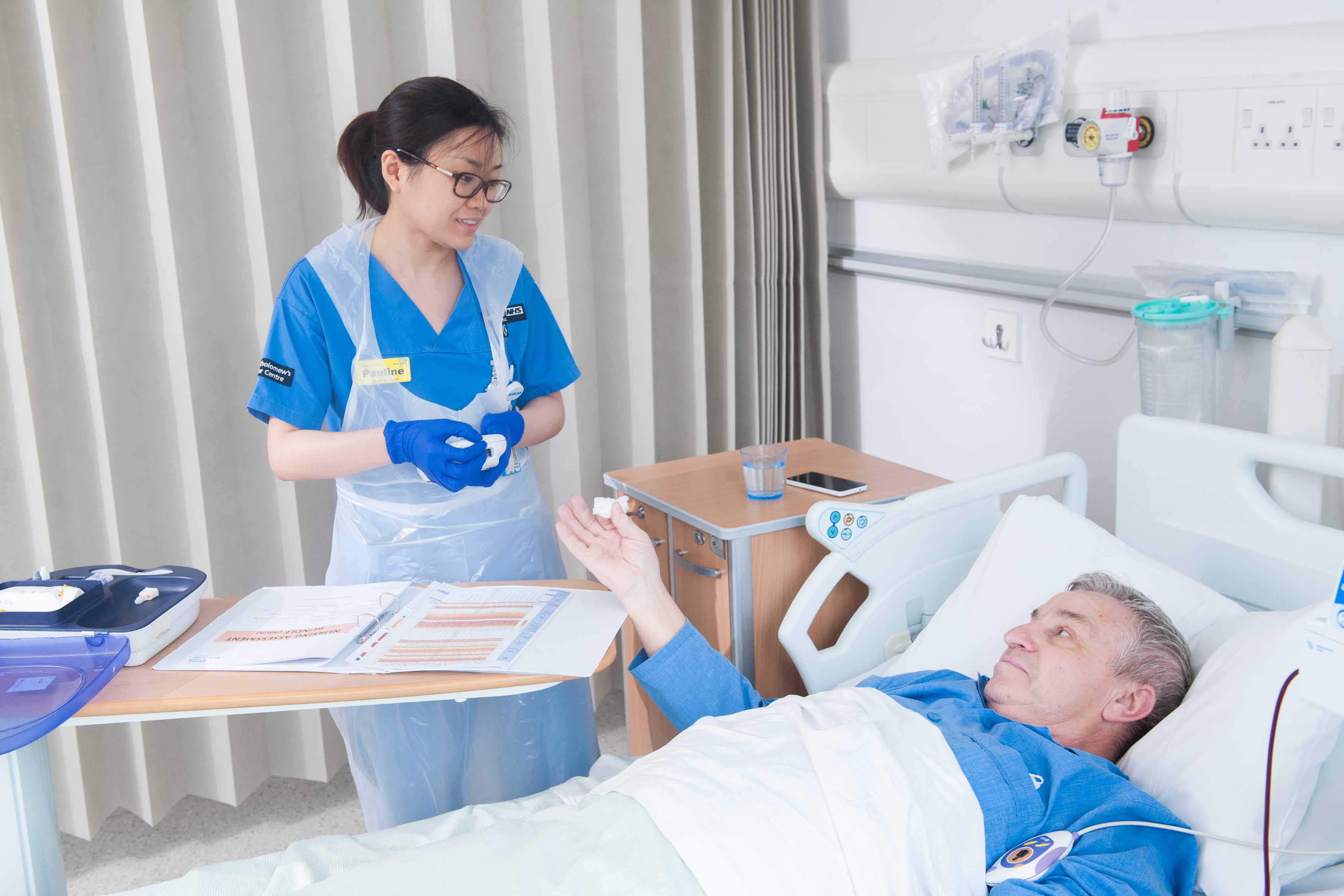How we're reducing our waiting lists


We know that many patients have been waiting a long time for their planned treatments and surgeries.
To reduce our waiting lists and help us see more patients, we are constantly finding new ways of working. This includes using new technology, running special booster weeks and working together with North East London (NEL) NHS hospitals through mutual aid.
Find out more below.
Since October 2021, a dedicated new surgical centre at The Royal London Dental Hospital has been treating children and young people from across the capital who have been waiting too long for operations to remove problem teeth or perform multiple fillings. Surgeons have carried out over 1,000 extra operations on children needing specialist treatment, using an £11 million investment by NHS England to target children and young people whose planned treatment was delayed by the pandemic.
An artificial intelligence tool that can detect heart disease in record time is helping us to see more patients on our waiting lists. The first-of-its-kind programme analyses MRI scans of the heart in just 20 seconds whilst the patient is in the scanner. This compares to around 13 minutes when done manually by a human.
Many of those currently waiting for their planned surgeries are children or young people in need of ear, nose or throat (ENT) surgery. In an effort to get back on track we held an ‘ENT booster week’ in March 2022 to significantly expand the number of ENT surgeries carried out over one week.
In March 2022, Stephen Timms MP opened two theatres at Newham Hospital to increase our surgical capacity and enable us to provide a better experience and environment for our patients.
More than 3,000 people in north east London came off the waiting list for treatment during the 21/22 winter as a result of closer collaboration between two hospital groups.
Most of the patients from Barts Health were able to have their diagnostic scans and procedures at neighbouring hospitals with spare capacity run by Barking, Havering and Redbridge University Hospitals NHS Trust (BHRUT)
A new scanner is helping to clear our waiting lists by doubling the number of patients seen every day. The SPECT-CT scanner uses radioactive substance and X-ray to create detailed images of inside the body. It can help diagnose a number of conditions including bone disease, stroke and cancer.
The new scanner has been installed at St Bartholomew’s Hospital but will be available to patients from across north east London including those at Newham, Whipps Cross and The Royal London.
Londoners waiting for heart surgery are to get more support thanks to a virtual ward created by a Barts Health consultant. The technology allows NHS clinicians to monitor patients at home, give advice on how to prepare for surgery and spot those who may need to be treated sooner.
An improvement project from our imaging department has cut the number of missed appointments by more than half. DNAs or ‘did not attends’ cost the NHS millions of pounds each year and take up valuable appointment slots that other people could use. The ultrasound team were determined to address the issue and took a quality improvement approach from the outset.
Following the successful ENT (ear, nose and throat) booster week, we ran an urology booster week in June at Whipps Cross Hospital. During the week we ran 27 theatre sessions and treated 65 patients compared to 35-40 patients in a normal week.